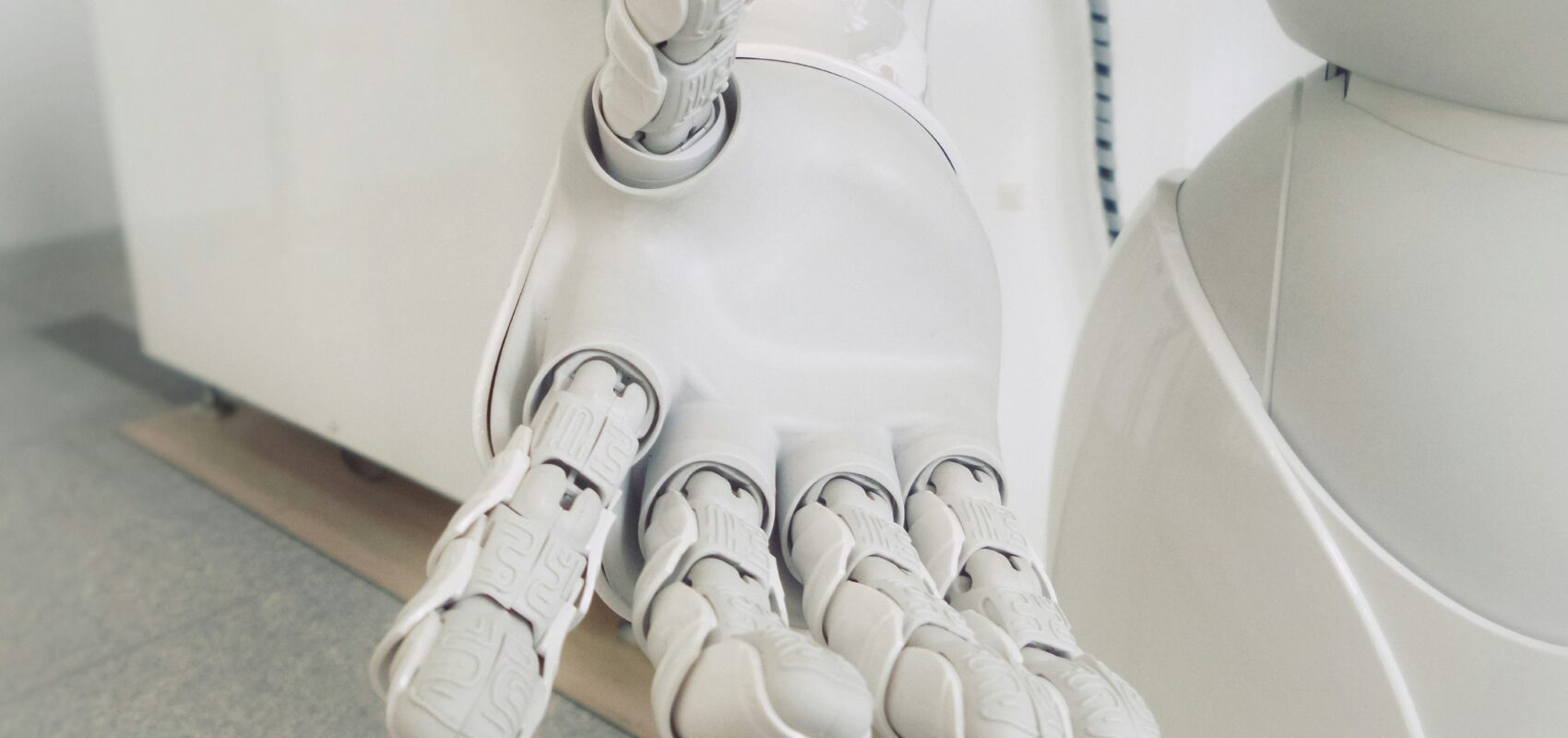The Rise of AI in Modern Medicine
Did you know experts project that global Artificial Intelligence in healthcare could surpass 100 billion dollars by 2030, with the U.S. poised for a staggering 45% compound annual growth rate from 2022 to 2028? These numbers hint at a powerful revolution already underway. As patient volumes increase and medical providers look for efficient ways to manage tasks, AI-driven solutions are stepping in to fill critical gaps. The result? Streamlined care, improved outcomes, and a healthier population.
This post explores how AI is transforming the U.S. healthcare sphere, from administration to groundbreaking diagnostics. Whether you’re a policy maker, a practicing physician, or a curious individual, understanding the potential of these innovations can spark new ways to think about patient care. By the end, you’ll see why AI is more than a futuristic buzzword—it’s a practical tool reshaping how Americans manage their health.
How AI Reimagines Diagnostics
Traditional diagnostic processes can be time-consuming, prone to human error, and limited by resource constraints. AI helps medical professionals analyze data more accurately, spotting early signs of diseases and guiding better decision-making. Cutting-edge algorithms sift through complex medical images, detecting subtle patterns in radiology scans or MRI results that doctors may miss due to fatigue or sheer volume of data.
One famous example is AI-assisted radiology. These systems compare a patient’s scan with databases of millions of images to identify anomalies. The AI then flags potentially problematic areas for further review, leading to quicker detection of conditions like lung cancer, breast tumors, or neurological disorders. In an era where early detection can mean the difference between life and death, AI-driven diagnoses can increase survival rates and reduce the risk of complications.
AI’s Impact on Surgical Procedures
From precision robots that assist surgeons in the operating room to predictive analytics that recommend the best approach, the influence of AI on surgical interventions is massive. With robotic-assisted surgery, doctors perform minimally invasive operations that reduce scarring and speed up recovery times, thanks to real-time data on vital signs and anatomical structures.
AI also helps surgeons plan complex procedures in advance. By simulating possible scenarios, medical teams can refine their surgical strategy, lowering the chance of errors. This merging of real-world expertise and digital intelligence promises patients a safer experience, potentially saving both lives and resources.
Streamlining Administrative Work
AI in healthcare isn’t limited to breakthroughs in medical techniques. Hospitals nationwide are adopting AI for administrative tasks, such as patient scheduling, insurance verification, and record management. Automated workflows reduce manual data entry and free staff to devote more time to patients. This efficiency can translate into shorter wait times, more accurate billing, and a significant drop in overall operational costs.
Below is a quick snapshot of AI adoption in various healthcare segments, illustrating where technology stands and where it’s headed:
| Segment | AI Adoption Rate (%) | Key Applications |
|---|---|---|
| Radiology | 35 | Early disease detection |
| Surgery | 25 | Precision robotics |
| Administration | 30 | Automated patient record |
Riding the Wave of Personalized Medicine
Personalized or precision medicine uses patient-specific data, such as genetic profiles and lifestyle factors, to tailor unique treatment plans. AI excels here by identifying correlations in massive amounts of information that humans can’t quickly recognize. By considering everything from a patient’s biological makeup to their environmental context, these intelligent tools enable targeted therapies that improve success rates and reduce side effects.
For example, oncologists increasingly rely on AI models to forecast how a patient’s cancer might respond to certain drugs. Doctors can then adapt prescriptions in real time, skipping treatments that show a low chance of efficacy. This personalized approach focuses not just on treating disease but also on enhancing each patient’s quality of life.
Expanding Telehealth and Remote Patient Monitoring
The rapid growth of telehealth services in the U.S. has aligned perfectly with AI’s capabilities. Remote consultations powered by AI-driven triage systems help patients determine if immediate hospital visits are necessary or if they can manage symptoms at home. Wearable devices also feed data on heart rate, blood pressure, and physical activity into AI platforms that track patient health in real time. This approach can flag anomalies before they escalate, contributing to proactive care and fewer hospital readmissions.
Addressing “People Also Asked” Questions
How is AI used in healthcare? AI is employed to interpret medical images, predict patient outcomes, optimize staffing, detect diseases early, and more. It analyzes enormous datasets that standard analytical tools might overlook.
What are the challenges of AI in healthcare? A few obstacles include ensuring data privacy, overcoming biases in algorithms trained on limited datasets, and navigating regulatory frameworks that balance innovation with patient safety.
How does AI improve patient outcomes? By assisting doctors with faster, more accurate diagnoses, suggesting personalized treatment plans, and monitoring patient vitals around the clock, AI helps catch problems early and enhances long-term well-being.
Regulatory Frameworks and Data Privacy
As AI technologies expand, medical institutions and regulatory bodies are grappling with new ethical and legal questions. Patient data must be handled securely, particularly when third-party companies develop or host AI platforms. Hospitals that rely on machine learning systems need to ensure compliance with federal laws, such as HIPAA, while adopting best practices that guard sensitive health information. The goal is to drive innovation without jeopardizing patient trust.
Key Takeaways and Next Steps
Artificial Intelligence in healthcare has evolved from a futuristic concept to a tool reshaping everything from patient screening and surgical interventions to hospital administration. At every turn, AI unlocks faster, more precise ways to handle massive amounts of medical data. The shift toward personalized medicine and growing telehealth services further highlight the importance of adopting these technologies responsibly.
Curious about the latest breakthroughs, or eager to share insights from your own medical experience? Join the conversation. Comment with your thoughts, or explore additional resources to see how AI can make healthcare more accessible, efficient, and patient-centric. Together, we can help shape a future where everyone benefits from advanced, data-driven care.








